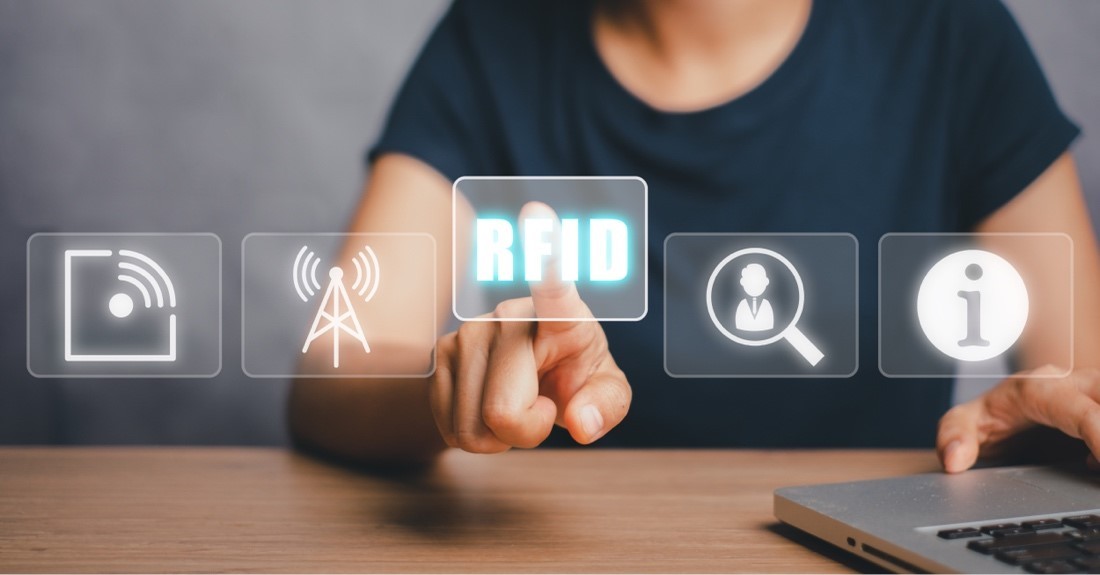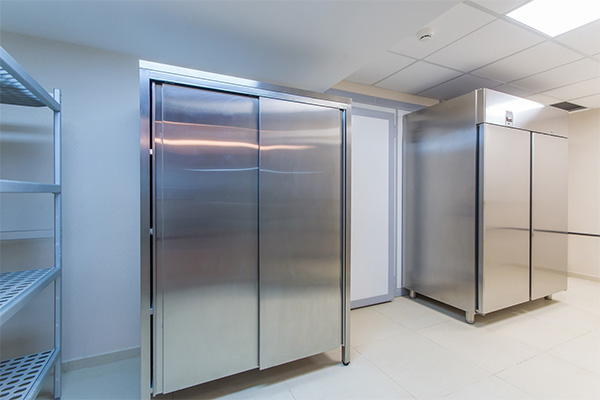
In a world driven by technology, Radio Frequency Identification (RFID) stands out as a transformative force, offering solutions that extend far beyond its initial scope. RFID technology, which uses electromagnetic fields to automatically identify and track tags attached to objects, is now revolutionizing various industries in ways that enhance efficiency, accuracy, and customer experience. Let’s delve into some of the most innovative applications of RFID that are reshaping the business landscape.
1. Retail Revolution: Enhancing the Shopping Experience
Retailers are increasingly adopting RFID to streamline inventory management and improve the customer shopping experience. Traditional barcode systems can be time-consuming and prone to errors, but RFID offers a more efficient solution. With RFID tags embedded in products, retailers can quickly scan and update inventory levels in real-time. This reduces stockouts and overstock situations, leading to a more efficient supply chain.
RFID also enables new customer experiences, such as interactive fitting rooms. Imagine a shopper entering a fitting room with RFID-tagged clothing. The system could automatically suggest matching accessories or provide additional product information based on the items in the room. This personalization not only enhances the shopping experience but also drives sales by promoting complementary products.
2. Healthcare Harmony: Improving Patient Care and Safety
In the healthcare sector, RFID is proving to be a game-changer in patient safety and operational efficiency. Hospitals and clinics are using RFID to track patients, staff, and medical equipment. RFID wristbands equipped with unique patient IDs help healthcare providers quickly access critical information, reducing the risk of medical errors. This technology also enables real-time tracking of high-value equipment, ensuring that essential tools are always available when needed.
Moreover, RFID helps in managing medication administration by verifying patient identity and matching it with prescribed medications. This reduces the likelihood of incorrect dosages and allergic reactions, thereby improving overall patient safety.
3. Logistics and Supply Chain Optimization
In logistics and supply chain management, RFID technology is streamlining operations and enhancing visibility. RFID tags can be attached to pallets and containers, providing real-time tracking of goods as they move through the supply chain. This level of transparency helps companies monitor the location and condition of their products, leading to improved inventory management and reduced losses.
RFID also facilitates automated sorting and routing processes, speeding up the handling of shipments. For example, RFID-enabled conveyor systems can automatically direct packages to the correct destinations, reducing manual labor and the potential for errors.
4. Asset Management: Keeping Track of High-Value Items
For businesses that manage valuable assets, RFID provides a robust solution for tracking and managing inventory. From manufacturing tools to IT equipment, RFID tags enable organizations to maintain accurate records of their assets. This not only helps in preventing theft and loss but also simplifies audits and compliance reporting.
In industries like construction, RFID can be used to monitor the usage and location of expensive machinery and materials. This ensures that assets are utilized efficiently and reduces the downtime associated with locating misplaced equipment.
5. Smart Cities: Building the Urban Infrastructure of Tomorrow
The concept of smart cities is rapidly gaining traction, and RFID technology plays a pivotal role in this transformation. RFID is used in various smart city applications, such as managing public transportation systems and enhancing waste management.
For public transportation, RFID-enabled smart cards allow passengers to pay for fares quickly and efficiently. This reduces congestion at payment points and provides valuable data on ridership patterns, which can be used to optimize routes and schedules.
In waste management, RFID tags attached to garbage bins can track waste collection and monitor recycling efforts. This data helps municipalities optimize collection routes, improve recycling rates, and reduce operational costs.
6. Automotive Advancements: Enhancing Manufacturing and Maintenance
The automotive industry is leveraging RFID technology to improve both manufacturing processes and vehicle maintenance. During production, RFID tags help track components and ensure quality control. This technology enables real-time monitoring of parts and assemblies, reducing defects and ensuring that each vehicle meets rigorous standards.
For vehicle maintenance, RFID tags embedded in components can provide service history and diagnostic information. This makes it easier for technicians to perform accurate repairs and ensure that vehicles are properly maintained throughout their lifecycle.
In Conclusion
RFID technology has advanced significantly from its initial applications, emerging as a dynamic tool that revolutionizes multiple industries. Whether in retail, healthcare, logistics, or smart cities, RFID is boosting efficiency, improving customer experiences, and fostering innovation. As technology progresses, the scope of RFID applications is set to grow, providing businesses with even more opportunities to harness its potential.
In this swiftly evolving landscape, adopting RFID technology can serve as a crucial competitive advantage for organizations striving to lead the market and offer outstanding value to their customers and stakeholders. Additionally, EMI tapes are increasingly being used in conjunction with RFID systems to enhance signal integrity and protect against electromagnetic interference, further amplifying the effectiveness of RFID solutions across various applications.
Keep an eye for more news & updates on Buzz Telecast!






